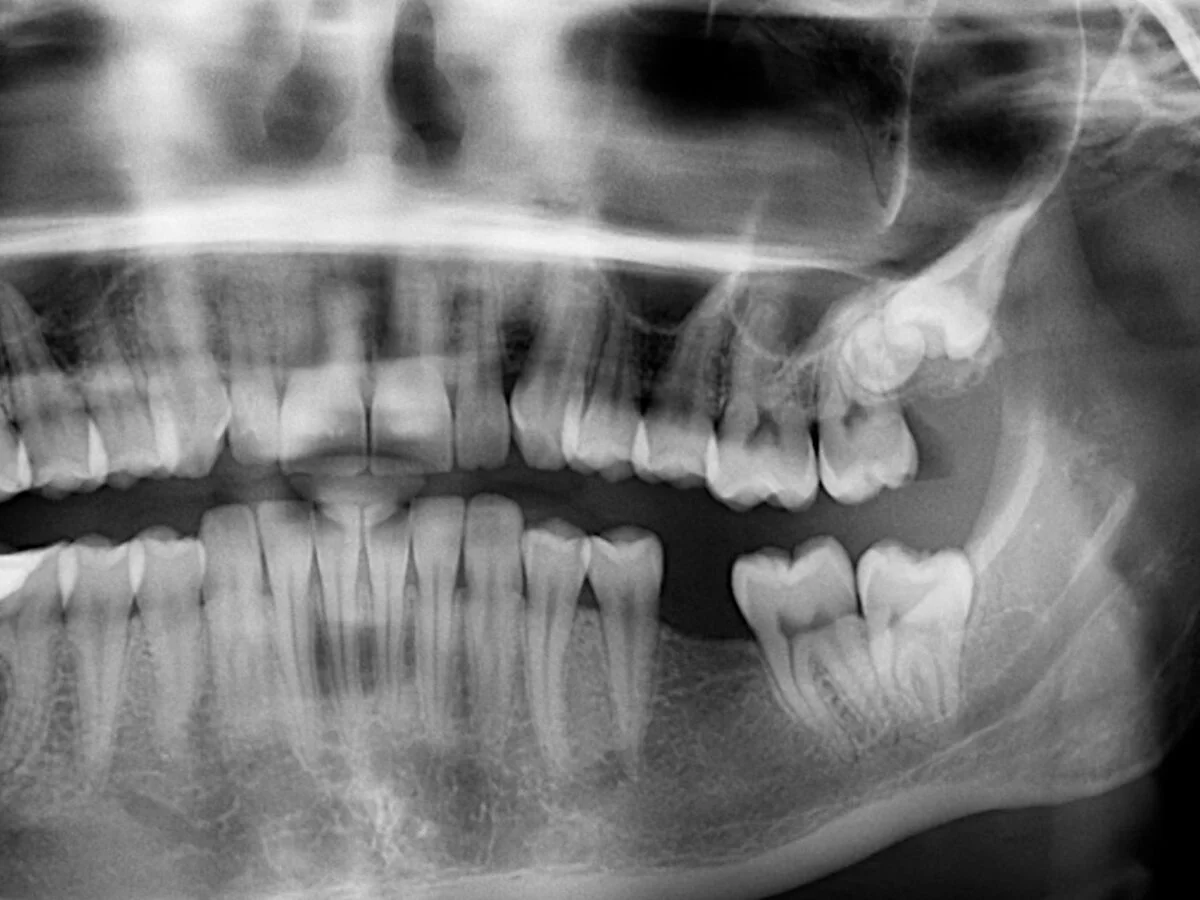Extractions
Why would my tooth need to be removed?
Your permanent teeth are designed to last a lifetime, but for numerous reasons, some may not. For example, you could need a tooth extracted because it is too severely damaged to keep. Illness, decay, and trauma may all contribute to needing a tooth removed.
At Charlotte Dental Implant Center, located in Charlotte, NC, Dr. Sunar may recommend an extraction if you're dealing with one of the following situations:
Risk of infection from an unsuccessful root canal
Risk of infection during chemotherapy or an organ transplant
Advanced periodontal (gum) disease
Crowded or extra teeth
No room for wisdom teeth (third molars)
What are the steps for extraction?
There are two types of extractions: a simple extraction and a surgical extraction. Simple extractions are just like they sound. They're simple! Simple extractions are performed on teeth that can be seen in your mouth. During this procedure, Dr. Sunar will first loosen the tooth with an instrument called an elevator. He will then use forceps to remove the tooth.
A surgical extraction is a bit more complicated. The tooth may have been broken off at your gum line, or it hasn’t yet come through the surface of your gums, as is sometimes the case with wisdom teeth. In these situations, Dr. Sunar makes a small incision into the gum to access and remove the tooth. The tooth may need to be cut into pieces to be extracted. It may also be necessary to remove some of the bone around the affected tooth.
Dr. Sunar gives you an injection (a local anesthetic) to numb your mouth before a simple extraction or surgical extraction, so you shouldn't feel any pain. If you’re having several teeth extracted at once, as is common with wisdom teeth extraction, he might give you a general anesthetic. You'll feel no pain and will sleep through the procedure.
What is the timeline for healing from a tooth extraction?
It depends on your situation and how many teeth you had extracted, but the initial healing period typically takes one to two weeks. New bone and gum tissue grow in the spaces where your teeth used to be. You may encounter difficulty chewing or general aches and pains on your way to recovery, depending on the scope of your dental operation.
Since everyone's situation is unique, you should schedule a consultation to explore your options and any necessary follow-up procedures like crowns or dental implants.
Contact Dr. Sunar at Charlotte Dental Implant Center by phone or request an appointment online and we’ll call you shortly after to confirm!

